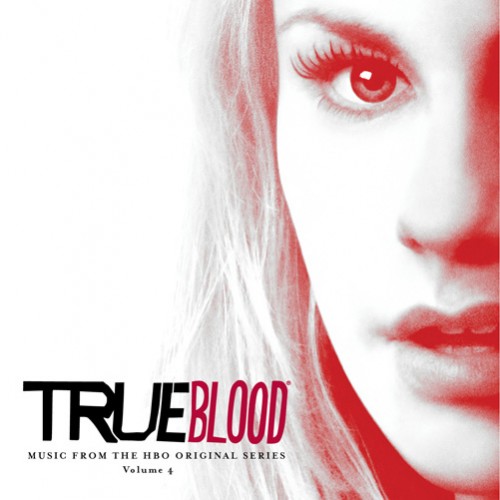
Videos by American Songwriter
The Flaming Lips
With a Little Help from My Fwends
(Warner Brothers)
Rating: 3.5 out of 5 stars
For those who have forgotten that indescribable vibe of shock and awe after their initial spin of the Beatles’ 1967 masterpiece Sgt. Pepper’s Lonely Hearts Club Band album, this tribute of it, from the always intriguing Flaming Lips, attempts to replicate that feeling.
As the “fwends” in the title implies, Wayne Coyne and whoever remains in his freaky outfit invites guests to help flesh out his tripped/weirded out, psychedelic vision of the dozen songs. But artists as diverse as Moby, Dr. Dog and Miley Cyrus are just side players in Coyne’s grander vision and don’t add much other than name power to the already warped proceedings.
Established Lips fans know the band who, for better or worse, has always done exactly what they wanted with little concern for the marketplace, has already performed similar track-for-track album recreations, most notably for prog rockers Pink Floyd and King Crimson. Clearly these tributes are done with the utmost reverence for the original works and that remains the case here. Coyne takes each iconic tune apart and reassembles it in what can only be described as Flaming Lips style. Which is to say, that these LSD soaked versions retain just enough of the original melodies to be recognizable despite being layered with the band’s distinctive cut and paste infusion of synths, reverb, ping-ponging/phase shifted dub, found voice samples and overdriven guitar.
Some of it works (the reprise of the title track that seemed almost extraneous when the Beatles added it before “A Day in the Life,” takes on a funky, almost jazzy groove in this new five minute cover), some doesn’t (“When I’m Sixty-Four” loses all of its charm when the synths and vocal manipulations take hold), but it’s never boring. And notwithstanding the diminished, occasionally brow furrowing, reactions it might induce as it unwinds, the sheer amount of thought and production applied to these songs is impressive.
It’ll take a leap of faith for diehard Beatles fans to swallow the concept, let alone the caffeinated/hyperactive often head-spinning results. Yet even with the inconsistent final product it’s impossible not to appreciate the inventive, skewed and ultimately respectful realization the Lips dedicate to what is arguably the Beatles finest work.
This is no halfhearted sideshow done on a drug prompted whim, but a serious if twisted and undeniably idiosyncratic re-make/re-model. It’s sure to be admired by Flaming Lips devotees and may also entice some open-minded Beatles fans to the fold of the wonderfully peculiar, magical mystery approach of the journeyman Oklahoma based act.










Leave a Reply
Only members can comment. Become a member. Already a member? Log in.